Climate change is occurring at a much faster rate than is being anticipated due to rising greenhouse gas emissions. There is an urgent need to limit global warming to 1.5° C. If left unchecked it will cause global temperatures to rise beyond 3°C and will adversely affect the entire ecosystem. All the progress made over the years will go back to its initial stages and would lead to mass migration thereby causing wars, conflicts and instability. The last decade was recorded to be the warmest and brought massive climate disasters across continents. Climate change causes disruption in national economies, affecting lives and livelihoods.
Transformation is needed in all sectors, with more solutions pouring in with improved financing put in place but there is need for more.
United Nation Environment Program’s 2023 Adaptation Report states that the world is underprepared, underfinanced and there is inadequate investment and planning in climate adaptation. Global Adaptation finance needs are 50% higher than previously estimated and are 10-18 times higher than the public adaptation finance flowing internationally. The adaptation finance gap still stands between US$194 billion and US$366 billion per year and is widening despite the increasing climate risks and the worldwide impact it is causing.
There can be extreme exacerbation by climate change in inequality and exclusion in multiple dimensions such as gender, age, migration status, disability and ethnicity. The adaptation gap report 2023 states inadequate inclusion of these determinants which can have detrimental effects on climate change. Gender equality and social inclusion need more significant consideration in climate change actions for supporting effective and equitable adaptation. There is an urgent need for countries to accelerate adaptation action plans with increasing global temperatures, climate risks and its impact. Bridging the adaptation finance gap requires a reform in the global financial architecture with more inflow of private, domestic and international funds and improved cooperation among parties. It also requires remittance by migrants to their home countries, more tailored financing to small and medium sized enterprises and more investment in climate resilient and low carbon emission development. The insufficient actions are causing hard and soft limits to the mitigation and adaptation. It requires considerable acceleration in investment. The soft and hard limits are already pushed due to embedded climate change in the system and the deep penetration of loss and damage.
Targeting net zero emission, energy transition plans, decarbonization of high emitting sectors and defined updated national contributions should be the clear path and raising ambitions along with transformative actions are required, not just mere plans.
More actionable recommendations and stock on the progress done so far awaited from the upcoming UN Climate Change conference 2023 to be held in Nov-Dec in Dubai, UAE.
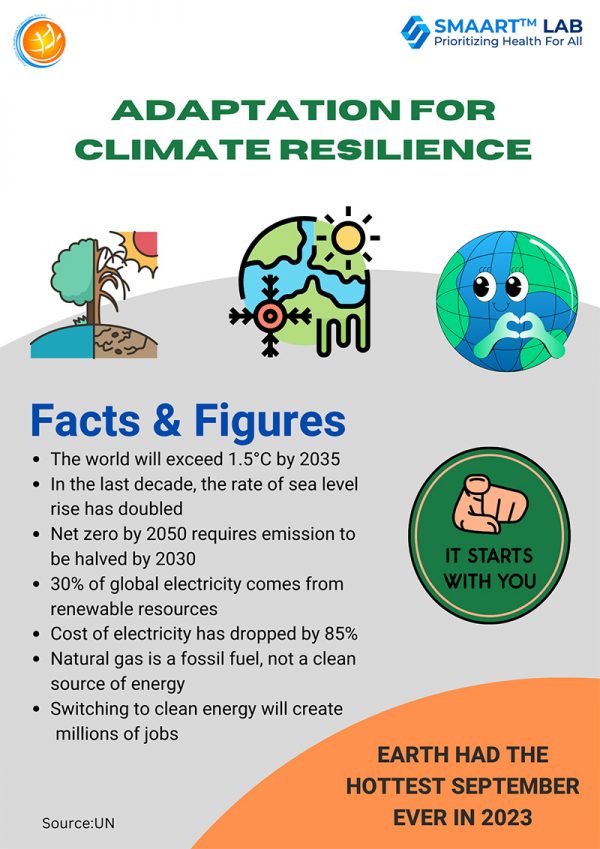
Source:UN

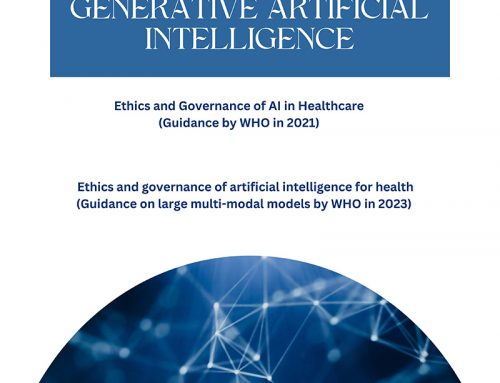
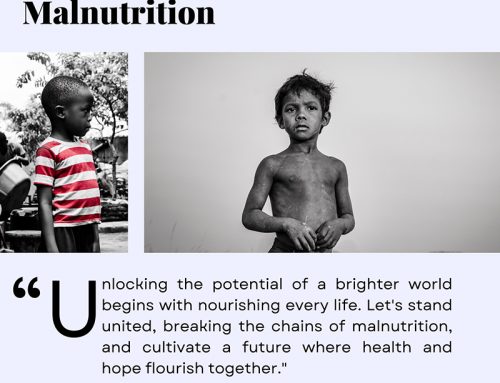
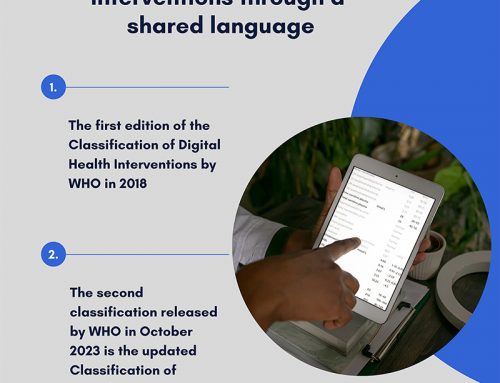
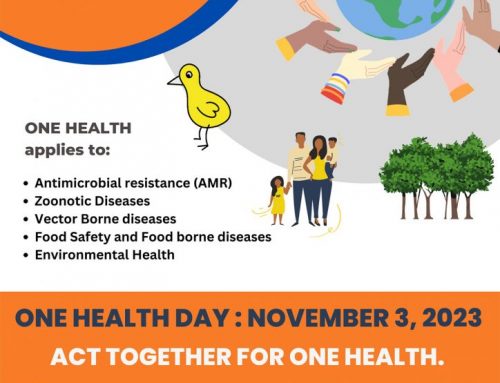
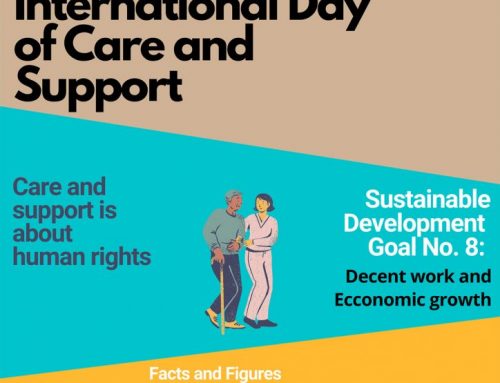
Leave A Comment